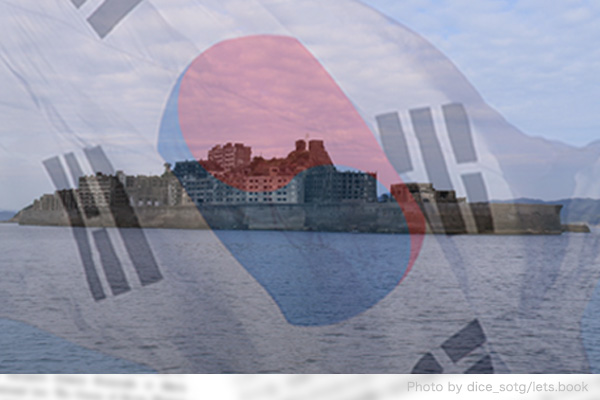Japanese government, at the direction of Prime Minister Shinzo Abe, has been preparing measures to retaliate the seizure of assets in South Korea owned by Japanese companies that had employed Koreans during World War II. The seizure of such assets has come following South Korean Supreme Court rulings that have ordered these firms to pay compensation to former workers, even though the Japanese and South Korean governments have diplomatically settled all claims to such compensation.
At the House of Representatives Financial Affairs Committee on March 12, Japanese Deputy Prime Minister and Finance Minister Taro Aso cited as potential retaliatory measures (1) a tariff hike, (2) a ban on remittance from Japan to South Korea and (3) a halt to the issuance of visas for South Koreans. In addition, experts have cited a ban on some exports and restrictions on investment.
The Japanese government plans to implement a retaliatory measure when the seized assets are cashed. The measure should cover the value of the seized assets while minimizing damage to relevant Japanese companies. I suggest a tariff hike on some South Korean products as the most desirable retaliatory measure meeting the conditions.
South Koreans could cash seized assets
Plaintiffs in lawsuits over such compensation and their supporters in South Korea and Japan are urging relevant Japanese companies to amicably settle the compensation issue while threatening to cash the seized assets soon. These Japanese companies have refused to accept any amicable settlement or even negotiate with them. The supporters of these plaintiffs are seeking to create a massive fund through some amicable settlement. This is because such fund would be required to secure compensation to as many as 220,000 South Koreans identified by Seoul as those mobilized by Japan before the end of the war.
According to a South Korean government survey, about 1,300 Japanese companies employed Korean mobilized workers in Japan, including about 1,000 firms that are now defunct. Among 220,000 South Koreans were 70,000 military and paramilitary servicemen employed by the then Japanese government. These former servicemen and those who had worked for now-defunct firms cannot file any civil damages lawsuits against Japanese firms or benefit from South Korean Supreme Court rulings that ordered existing Japanese firms to pay compensation. This is the reason the supporters of the plaintiffs seek to create a fund.
There may be no move to cash the seized assets in the immediate future. However, some plaintiffs could cash seized assets in defiance of their supporters’ plans. As long as the Japanese government and relevant Japanese companies retain their present attitudes, a potential solution may be the creation of a fund only among South Koreans. In such case, the seized assets could be cashed to be included into the fund. This is the reason the Japanese government must quickly ready a countermeasure as instructed by Prime Minister Abe.
Dormant government and ruling party moves
The Customs Act must be revised to raise tariffs on any South Korean products. Seemingly, however, the government is not preparing for the revision. If it is diplomatically inappropriate for the government to lead such legislative action, lawmakers should voluntarily make legislative proposals. However, no move is seen even within the ruling Liberal Democratic Party that has harshly criticized South Korea over the compensation issue. Even preparations for legislative proposals can become a diplomatic card against South Korea. Government and ruling party moves may be too dormant.
Tsutomu Nishioka is a senior fellow and a Planning Committee member at the Japan Institute for National Fundamentals and a visiting professor at Reitaku University. He covers South and North Koreas.


